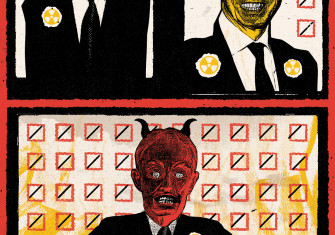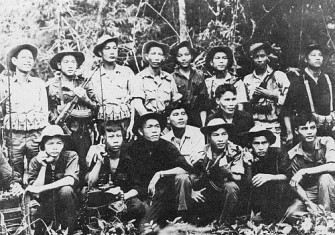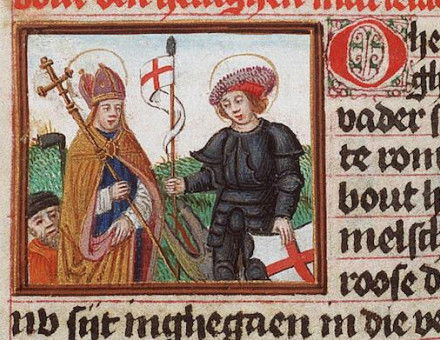How did 9/11 change the way the world sees the United States?
On the 20th anniversary of the September 11 attacks, four experts consider the event’s global legacy.

‘With Iraq in flames, America’s standing in the world was at rock bottom’
Fawaz Gerges, Professor of International Relations at the London School of Economics and author of Making the Arab World (Princeton, 2018)
The morning after the terrorist attacks on the US, the French newspaper Le Monde ran a headline which summarised a widespread sentiment in Europe and the world at large: ‘We are all Americans.’
There was an outpouring of sympathy and solidarity with the US worldwide, including the Middle East. Even in Iran, which had been under punishing economic siege from the US for two decades, 60,000 spectators observed a minute’s silence during a football match in Azadi Stadium and hundreds of young Iranians held a candlelit vigil in Tehran. Iranian leaders sent sympathetic messages to their American counterparts, the first official contact between the two countries since the 1979 Islamic Revolution.







